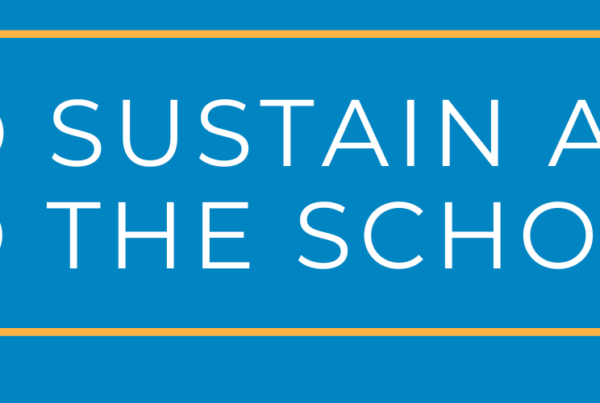![]() by Scott Lutostanski – Galin Education Director of Academic Consulting
by Scott Lutostanski – Galin Education Director of Academic Consulting
Growing up and living in Chicago for most of my life means that I am a diehard Bears fan. And part of being a Bears fan is despising the Packers, which I do….with a passion. It certainly doesn’t win me any social favors living in Madison, but there is one piece of common ground I can find with Packers fans. I completely and utterly respect the way that the Packers (and mostly Aaron Rodgers) bounce back from setbacks.
This year, it was the infamous four game losing streak in November. Most fans, media members, and commentators around the country were saying the Packers were done and should start cleaning house. The Packers responded by winning eight in a row and getting to the NFC Championship game. In 2015, they went on a three game losing streak (again in November) after starting 6-0. Everything was fine after this little speed bump. And of course, in 2014, there was the memorable “RELAX” moment when they started out 1-2 and ended up winning the NFC North at 12-4.
I admire their ability to bounce back because so often with students, this is an incredible challenge. So often, I have seen a familiar pattern develop. The student goes back to school, energy is high, he is locked-in to schoolwork, and gets off to a fantastic start to the semester. The grades are high, positive feedback is rolling in, and all is good in the student’s academic world. But then the setbacks start to appear. A missed assignment here. A couple days out for being sick results in a pile of makeup work to get caught up on. Then there’s a quiz that doesn’t get studied for that turns into an F. A big test slips through the cracks and gets ignored, and that’s a D. These setbacks ripple through the student and begin to change the course of the student’s semester, his confidence in school, and his ability to learn and produce academic work. There needs to be a way to reverse this pattern.
There are a couple factors to keep in mind and to educate the student on in order to change this trend.
Self-Awareness: The student usually knows this pattern exists but doesn’t know why. They need to build the awareness around the pattern, the factors that lead to it occurring, how it impacts them, and what steps can be taken.
Self-Advocacy: Building off of self-awareness is the ability to ask for help. Many times, students will not know how to ask for help, when to ask for help, or even who to ask for help. The more isolated students become, the more struggles they will have, both academically and emotionally. Asking for help is a skill, and many students struggle to develop this ability.
Infrastructure of EF Skills: When students have an infrastructure of executive function skills to fall back on, they will be more effective. Developing strategies and interventions for planning, managing time, organizing, initiating, note taking, and studying will give the student the core fundamentals to rely on, and to find ways to succeed.
In order to change this pattern, it must be pre-known that setbacks are going to happen. It is important to be aware and understand that these are not a ”defining moments,” but simply a miscue, and the show must go on. A setback can “drag someone back” to a previous point in time both mentally and emotionally, but with hard work, by both the individual and a coach, the individual can continue to make growth and develop in the face of setbacks. Just like the Packers and Aaron Rodgers, the student will be able to break free of the pattern and start winning again.





